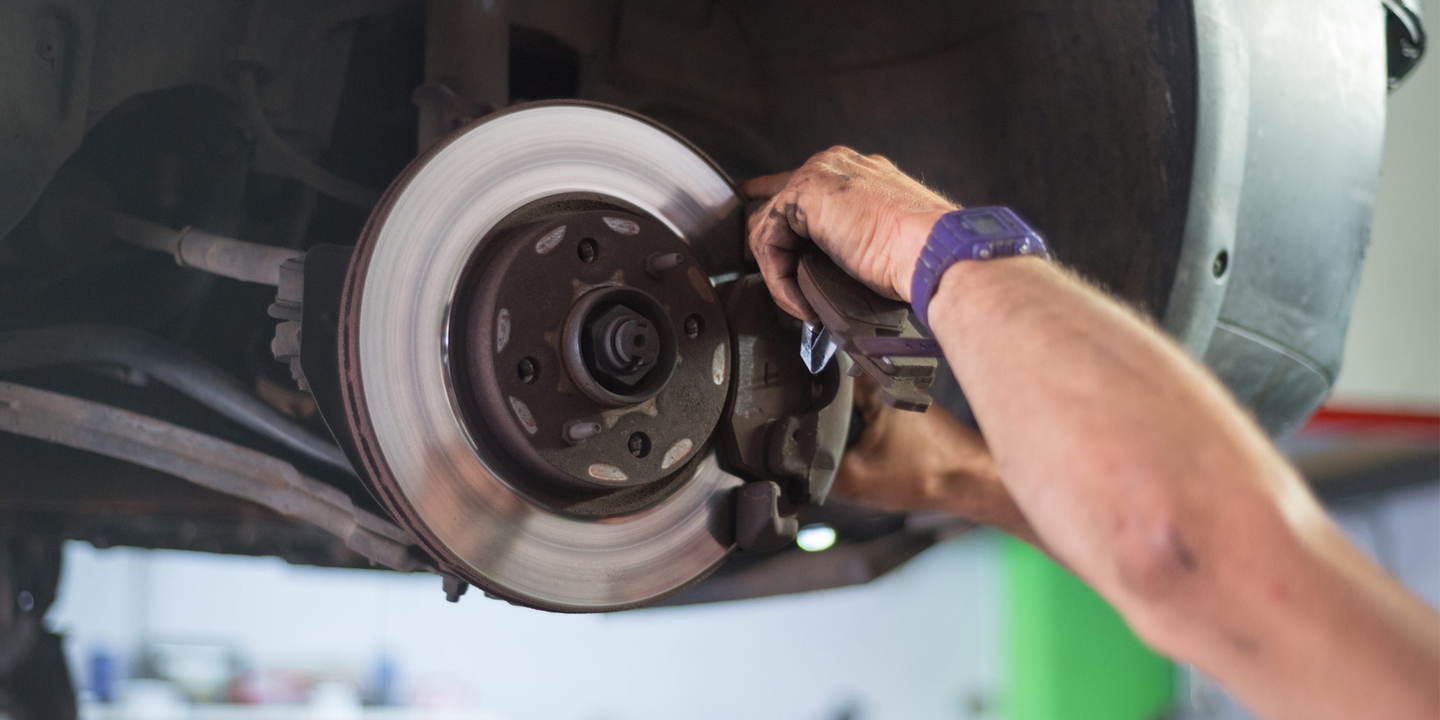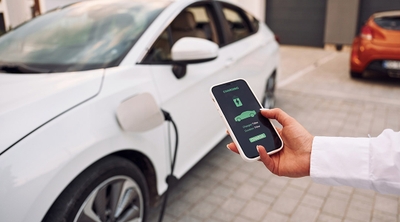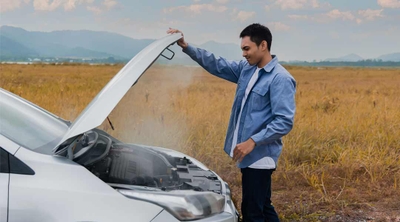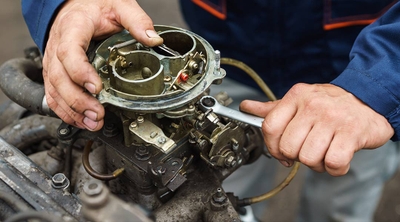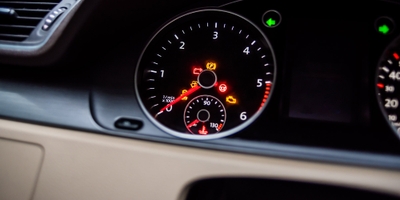Common causes for your noisy brakes
3 min read
It’s a sound that everyone dreads—that ear-piercing shriek that sometimes happens when you press your brake pedal. Not only is it annoying, but it can also be a sign of a bigger problem.
What are some of the common causes of noisy brakes? Let’s take a look at the four most common brake noises and the kind of issues they can indicate.
1. Grinding
Brake grinding might not be as common as some of the other sounds, but they can be a sign of a much larger problem. Brakes work by using hydraulic pressure to push the brake pads or shoes against metal rotors or drums to slow the tires, and thus, slow your car.
Grinding noises can indicate that the brake pads or shoes have worn completely away and all that remains is the metal backing of the pad or shoe pressing against the metal of the brake rotor. Not only can this issue make it more difficult for the brakes to stop the car, but it can also cause damage to the other parts of the brake system, turning a small, relatively inexpensive job into a large and costly one.
The best solution? Prevent this problem before it ever happens by replacing your brake pads before they are completely worn out. Most brake pads are good for about 50,000 miles of driving, but some need to be replaced after 25,000 miles, or can go as long as 70,000 miles, so consult your shop to learn more about the particular brake pads in your vehicle.
2. Thumping
If pressing the brakes results in a thumping noise, it could be a sign of a couple of different problems, depending on where the thumping is coming from.
Older cars—and even some newer ones—have drum brakes in the rear end. Thumping in the rear of the vehicle could indicate a problem with the rear brake drums—but this is a problem that can be difficult to diagnose. If your rear brakes are thumping, it’s important to have your brakes examined by a professional.
Thumping from the front brakes can be an indicator of rotor damage. Cars that sit outside are prone to rotor rust, which can cause that same thumping. This is another thing to have checked out by a professional.
3. Squeaking or squealing
Squeaking and squealing brakes are probably one of the most common complaints when it comes to brake noise, and they can be caused by a number of different things—even if you’ve just recently had your brakes replaced. Squeaking or squealing can be caused by a number of things, including:
- Worn brake pads
- Improperly cut brake rotors
- Broken anti-rattle clips
- Incorrectly installed insulation shims
- Glazed brake pads—if the pads get too hot, their surface can glaze over
This situation is one of those times when you’ll definitely want to get your brakes inspected and repaired by a professional—there are so many possible problems that you could end up spending a lot of money or time trying to figure out exactly what’s causing the noise.
If you just had your brakes serviced and they’re squeaking, take your car back to the shop and ask them to fix it. Brand new brakes should not squeak or squeal, so there’s a problem there that they need to address.
4. Scraping
Scraping is one of the few noises on this list that isn’t always a sign of a bigger problem. It could be something as simple as having a rock stuck in your brake rotor. If you’re hearing scraping all the time, regardless of if you’re pressing the brakes or not, take your car down to your local tire shop and have them take a look to see if something is rubbing against the brake rotor while you’re driving.
While it isn’t a huge problem, a rock or other piece of debris rubbing against your brake rotor could cause damage over time, so it’s important to get it checked out.
No one likes noisy brakes, but they’re pretty easy to get fixed. Many of these issues can be avoided by simply having your brake pads replaced regularly instead of waiting for them to start squeaking or causing problems.
